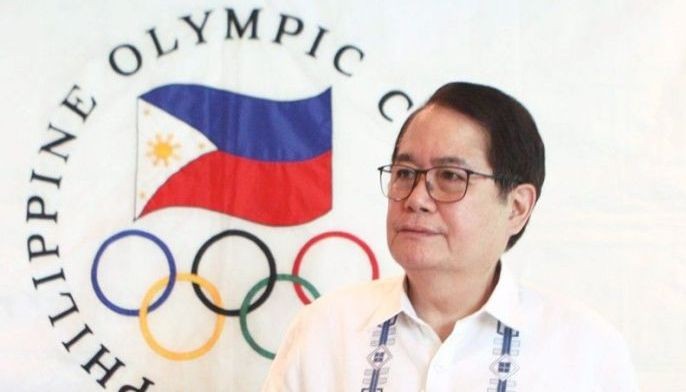MANILA, Philippines — POC president Ricky Vargas said the other day his dream is to hear the National Anthem played 120 times during the coming SEA Games and based on projections from the various NSAs, it could come true.
“I think it’s achievable,” said Vargas. “I mentioned it to the athletes during the meeting with our chef de mission, PSC chairman Butch (Ramirez) last week. That means bringing in 120 gold medals. I don’t know if that will be enough to put us at the top of the standings. That should guarantee us a first, second or third place finish. It will depend on how the other countries do since we’re putting up a record 56 sports with 529 events.”
The most sports in a previous SEA Games came to 44 with 545 events in Jakarta in 2011. Host Indonesia topped the medal ladder with 182 gold medals from a total haul of 476. Thailand was second with 109 gold and Vietnam third with 96. The Philippines finished sixth with 37.
Vargas declined to identify the events where the Philippines is expected to strike gold. Other countries are also quiet on their projections. Events may still be scratched if there are less than four countries participating so forecasts are being kept secret to avoid withdrawals.
When the Philippines hosted the 11-nation conclave in 2005, there were 40 sports and 443 events. The Philippines took overall honors with 112 gold medals. Thailand was second with 87 and Vietnam third with 71. The titular chef de mission was former first gentleman Mike Arroyo and deputy was PSC chairman Butch Ramirez. This year, Ramirez will reprise his role only this time as chef de mission.
Ramirez said the goal for the Philippines is to top the medal standings, nothing less. “We’re going for No. 1,” he said. “We’ve got a budget of P6 Billion for the SEA Games and even as a major chunk is for equipment, facilities and infrastructure, it will be an insult to our people, especially those who are impoverished, if we aspire for No. 2 or less. Each of our four PSC commissioners has been assigned 15 NSAs to monitor the progress of preparations of our athletes and coaches. As CDM of Team Pilipinas, my attitude is positive. I will maintain my competitive spirit. Ever since I was a boy scout in Grade 4, I’ve always strived to be the best. I want to win for our country. If we put up a united front, it will be beautiful for sports. We’ve got six more months to go before the start of the SEA Games.”
Vargas said there is never enough funding for every NSA. In boxing, Thailand has a budget of the equivalent of at least P100 Million a year. The budget for ABAP, in comparison, is only P20 Million a year. But Vargas said the Filipino athletes will fight despite the constraints. “The athletes will battle for flag and country, win or lose,” he said. “They’re proud to represent our country. I believe that in the long-term, we should develop our athletes of today to be our sports leaders of tomorrow. The process of selecting our sports leaders is too political now. It’s exclusive, not inclusive. We need the right people in the NSAs, people who can run the NSAs with competence, passion, integrity and professionalism so that the private sector will feel confident that if it supports a sport, the money will be in good hands.”
Vargas said the POC has started a long-term program to train athletes to become leaders. “The fundamental thing is they love their sport,” he said. “With that foundation, we want to train them in finance, to develop their leadership skills by arranging workshops.” Last March, the POC sponsored seven athletes to participate in the STEP SEA Youth Sports Leaders Camp in Singapore. Two of the seven athletes, Homer de Vera of bridge and Jamaila Ramos of pencak silat were later designated to act as facilitators in the Singapore Olympic Foundation’s Youth Sports Leaders Camp for 14 and 15-year-olds in Singapore over a month ago.
“It’ll be the next generation to benefit from our athletes leadership program,” said Vargas. “But we’re headed in the right direction. This is for the future of Philippine sports.”


